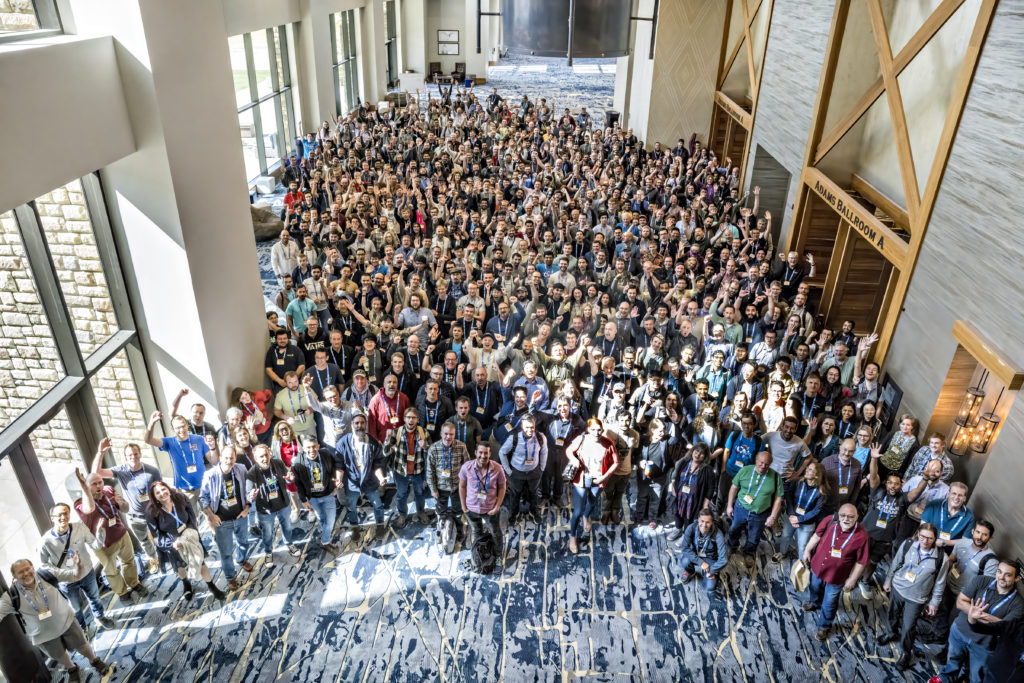CppCon 2024 C++ Exceptions for Smaller Firmware -- Khalil Estell
![]() Registration is now open for CppCon 2024! The conference starts on September 15 and will be held in person in Aurora, CO. To whet your appetite for this year’s conference, we’re posting some upcoming talks that you will be able to attend this year. Here’s another CppCon future talk we hope you will enjoy – and register today for CppCon 2024!
Registration is now open for CppCon 2024! The conference starts on September 15 and will be held in person in Aurora, CO. To whet your appetite for this year’s conference, we’re posting some upcoming talks that you will be able to attend this year. Here’s another CppCon future talk we hope you will enjoy – and register today for CppCon 2024!
C++ Exceptions for Smaller Firmware
Tuesday, September 17 10:30 - 12:00 MDT
by Khalil Estell
Summary of the talk:
For years, developers have overlooked a powerful tool for reducing binary size: C++ exceptions. Join me on a deep dive into the world of exceptions and discover how they can be harnessed to create more space efficient firmware. We’ll explore the requirements and best practices of embedded development, and show what is required to use exceptions in that environment. By the end of this talk, you’ll have a thorough understanding of how exceptions are handled, what their space costs are, and how exceptions compare to functional errors as values.
Khalil is a ISO C++ Committee Member and has extensive experience writing production firmware.

 In a recent talk at C++OnSea, Arne Mertz highlighted common misuses of guidelines, including the Rule of Five. This discussion prompted me to reflect on a recurring pattern I've observed in C++ classes that explicitly default constructors and destructors, leading to unexpected behaviors with move semantics.
In a recent talk at C++OnSea, Arne Mertz highlighted common misuses of guidelines, including the Rule of Five. This discussion prompted me to reflect on a recurring pattern I've observed in C++ classes that explicitly default constructors and destructors, leading to unexpected behaviors with move semantics. The opening keynote of
The opening keynote of